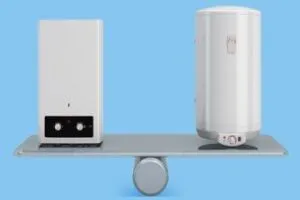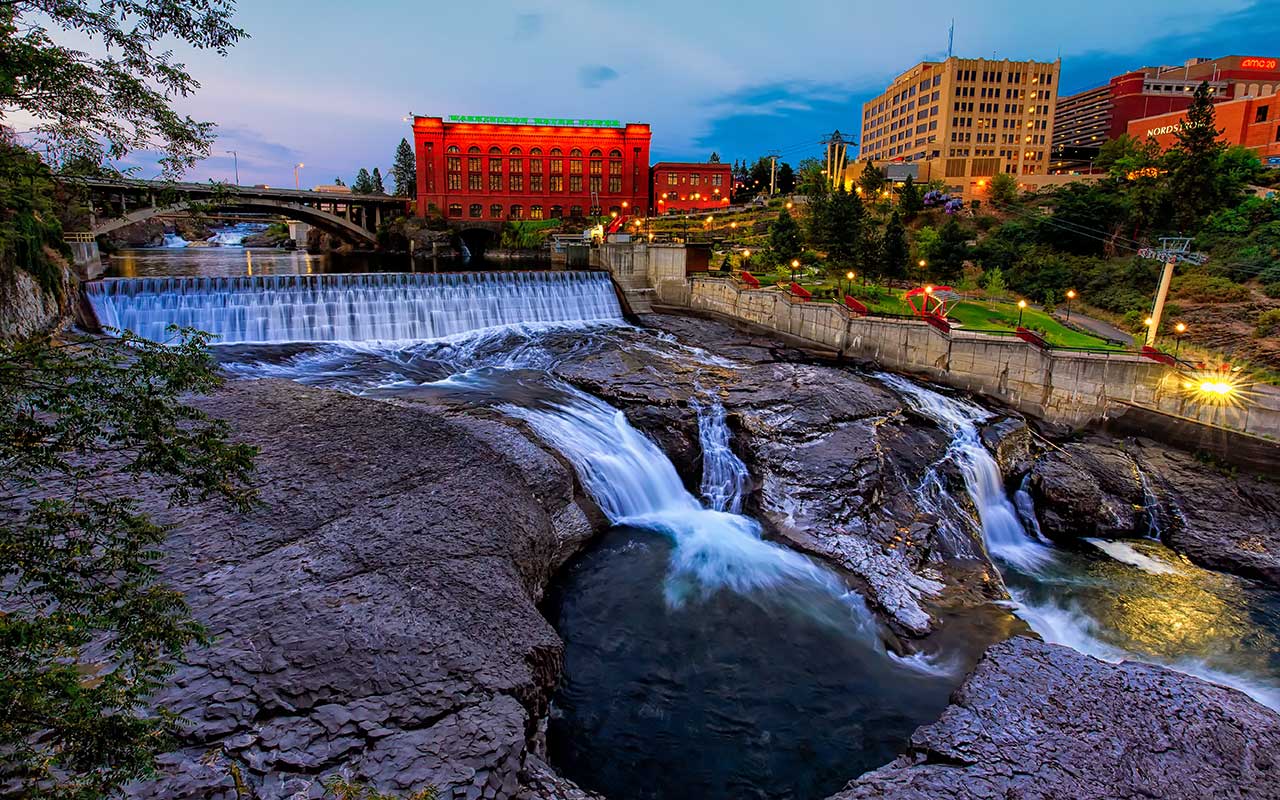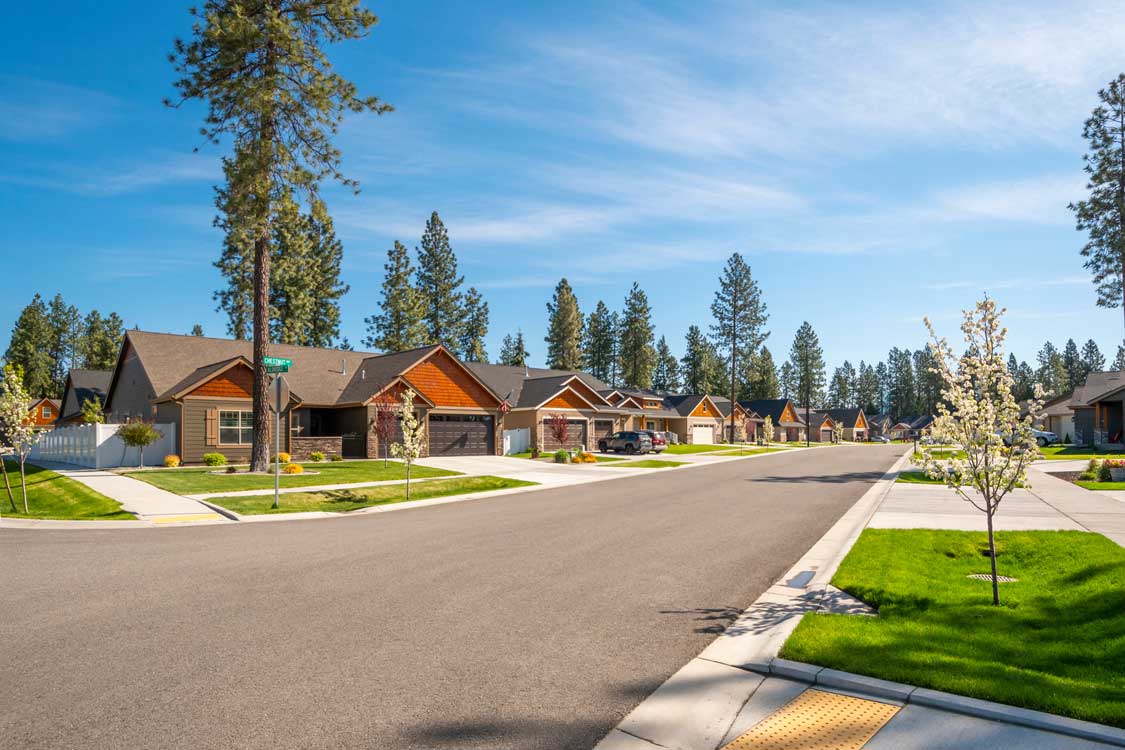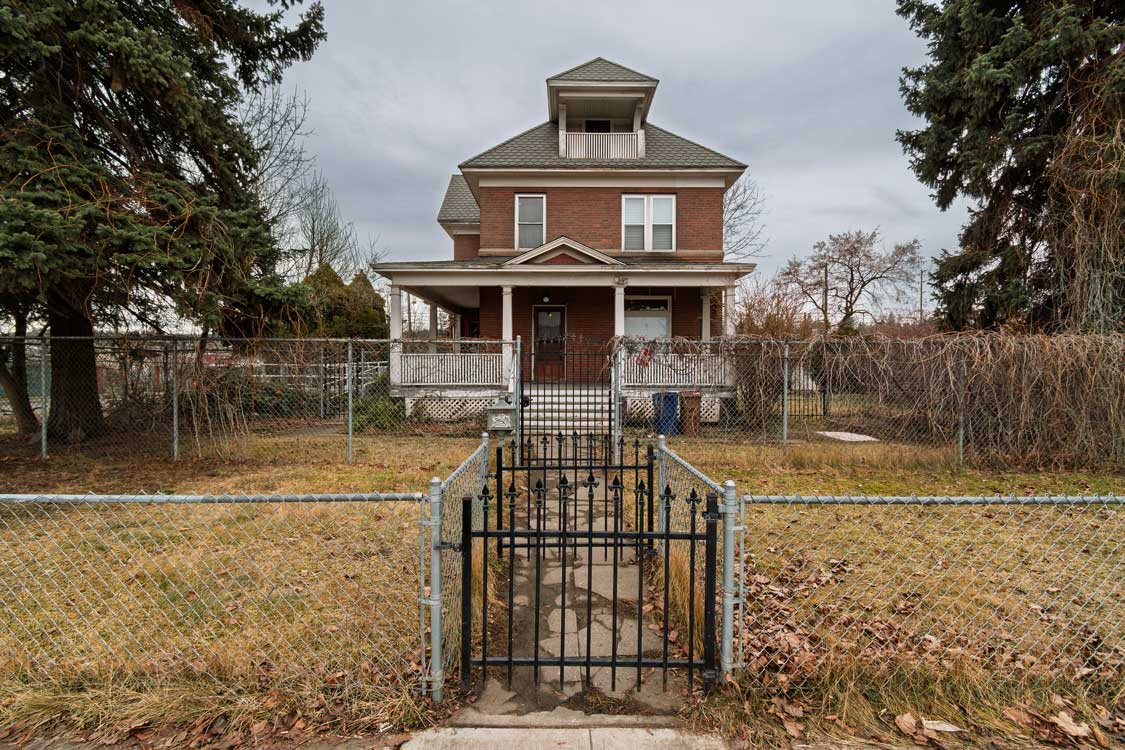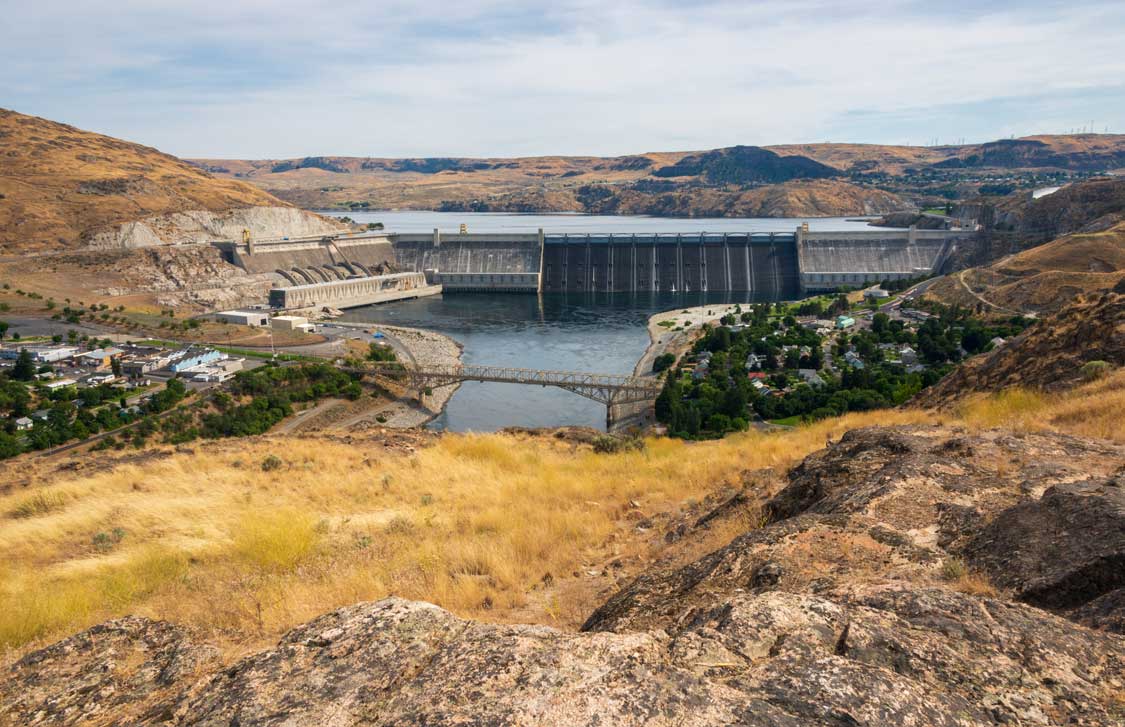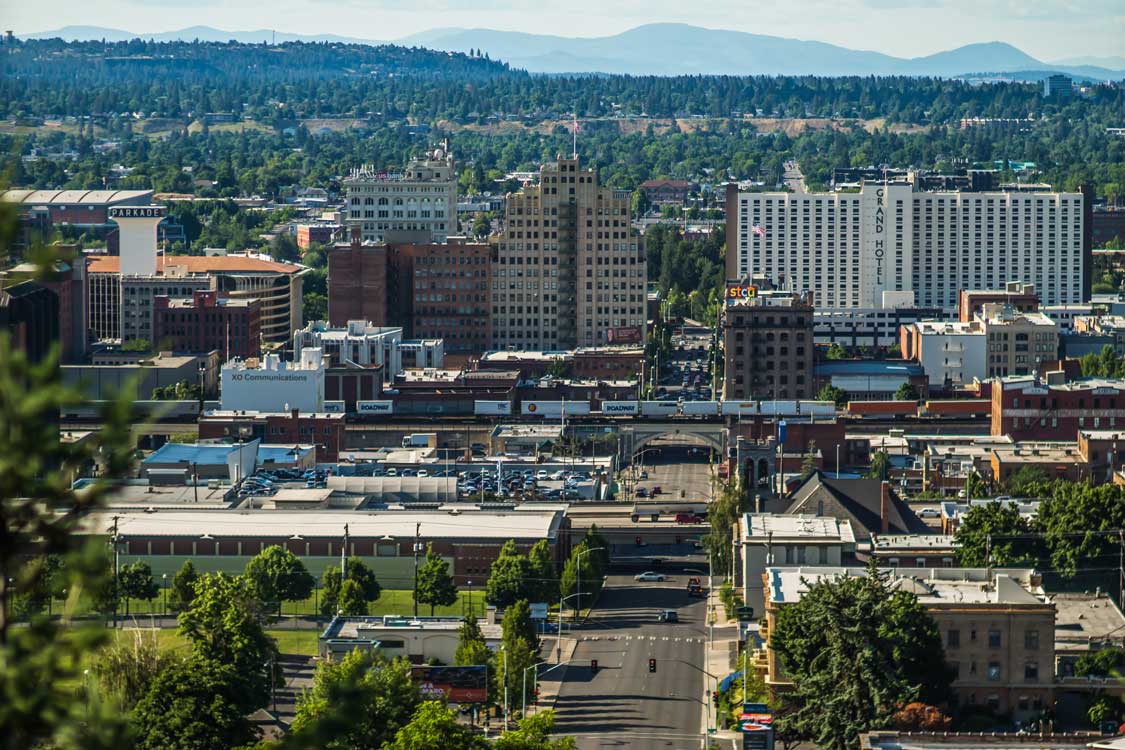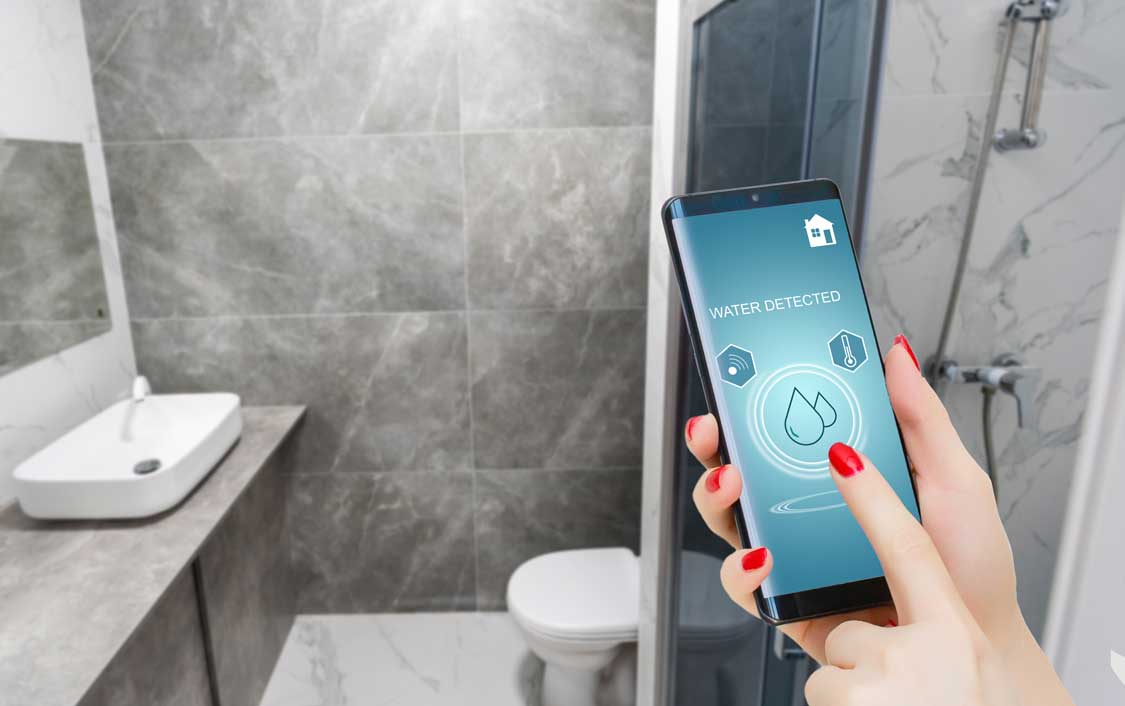If you are thinking about buying an electric boiler or gas boiler, you may be wondering what the difference between them is. An electric boiler and gas boiler each have their own advantages and disadvantages depending on the job they need to do. Before making a decision, here are some of the most important things to consider when choosing between an electric boiler and gas boiler.
In order to help determine which type of boiler you should choose, it’s also important to understand how these boilers work in general:
How Does an Electric Boiler Work?
The main difference between a gas boiler and an electric boiler is how they generate heat. An electric boiler uses electricity to produce heat, while a gas boiler uses gas to do so. Although some may say that it doesn’t matter which you use because either could be as efficient, others will argue that there are pros and cons to each one. If you’re thinking about choosing one or are curious about how they work, read on for more information.
How Does a Gas Boiler Work?
A gas boiler is a great option for many people. However, how does it work, exactly? With complex systems like these, getting to know their inner workings can be beneficial. By knowing what’s going on inside your boiler, you can ensure it lasts longer and runs more efficiently – saving you money in repair costs down the road. Here’s how gas boilers work:
1) Water enters a home through pipes from either city water or from wells. It goes into a cold water storage tank (located either above or below ground), which has an electric pump attached to it.
2) Once enough hot water has been collected, pressure relief valves release it into radiators throughout homes; some of which have individual thermostats that raise or lower temperatures as needed and others that operate as part of an entire heating system so all homes remain at specific temperatures simultaneously.
3) In colder months, when there isn’t as much demand for hot water in homes, excess heated water remains stored until called upon.
4) Radiators warm up via convection heat transfer (hot air moves from areas of high temperature to low temperature. When radiators aren’t being used during warmer months, excess heat goes into thin-wall copper tubing located underneath your floorboards or behind walls where heat eventually dissipates into walls and then outside air.
Gas Boilers
Advantages of a Gas Boiler
Gas boilers have a strong reputation for being cheaper to run than electric boilers, mainly because of their lower energy efficiency ratings. Gas is far more expensive to produce than electricity, so with gas you are guaranteed a significant cost benefit over running an electric boiler. It’s estimated that an annual heating bill in a gas boiler home will be between 15 and 20% less than an equivalent house with an electric boiler. This can make a huge difference if you’re already struggling to pay your heating bills every winter.
Disadvantages of Using a Gas Boiler
There are a few disadvantages of using a gas boiler over an electric one.
- Firstly, and most obviously, is price. Gas boilers are more expensive to purchase than their electric counterparts.
- A second disadvantage is efficiency – you’ll notice that gas boilers use more energy than electric ones do.
- A third disadvantage is control – even though modern gas boilers have advanced control systems, they still can’t match up to some of their electrical counterparts.
Electric Boilers
Advantages of an Electric Boiler
Electric boilers are easier to install and maintain, as they don’t need any special gas lines. This means they can be installed in places where a gas line is either hard to come by or expensive.
Additionally, electric boilers do not emit carbon monoxide. They’re also significantly quieter than their gas counterparts. That said, many people who live near apartments or condos might choose an electric boiler for noise reasons: If you live next door to someone who owns a boiler, chances are good you’ll hear it every time it fires up!
Disadvantages of Using an Electric Boiler
- Electric boilers don’t operate as efficiently as their gas counterparts, meaning that you’ll typically be paying more per month on your electricity bill than if you were using a gas boiler.
- If your power goes out during a cold snap, you’re not going to have hot water until power is restored; while some electric boilers can still provide heat in such situations, most will fail and even leave your pipes frozen when it happens.
- Electric boilers are much less convenient for daily use; if you like having hot water on demand, an electric boiler just isn’t going to fit your lifestyle.
- Electric boilers simply aren’t durable enough for commercial purposes; they tend to wear down quickly and might need frequent replacement under heavy use.
What is the Best; Gas Or Electricity for my Home Heating Needs?
You’ve got a bunch of options when it comes to heating your home, including electric, gas and even coal heat. But what’s best for you and your family? To decide, you need to know that there are several different types of boilers available, each with its own pluses and minuses. Which one is right for you depends on how much money you have, where your thermostat is located and even how hot or cold it gets in your region.
How can I Save Money on My Home Heating Bills?
Heating is one of your home’s biggest monthly expenses, but there are ways to make heating more efficient. There are two types of heating: electric boilers and gas boilers. An electric boiler is powered by electricity and heats water that circulates through your radiators. A gas boiler uses natural gas to heat water and distribute it through radiators in your home, similar to an electric boiler.
If you live in a rural area, electric boilers may be a better option since gas isn’t always available and electric boiler systems uses far less energy than other forms of heating. In urban areas with access to natural gas supply lines, a gas boiler will likely save you money over time compared to using an electric boiler.

